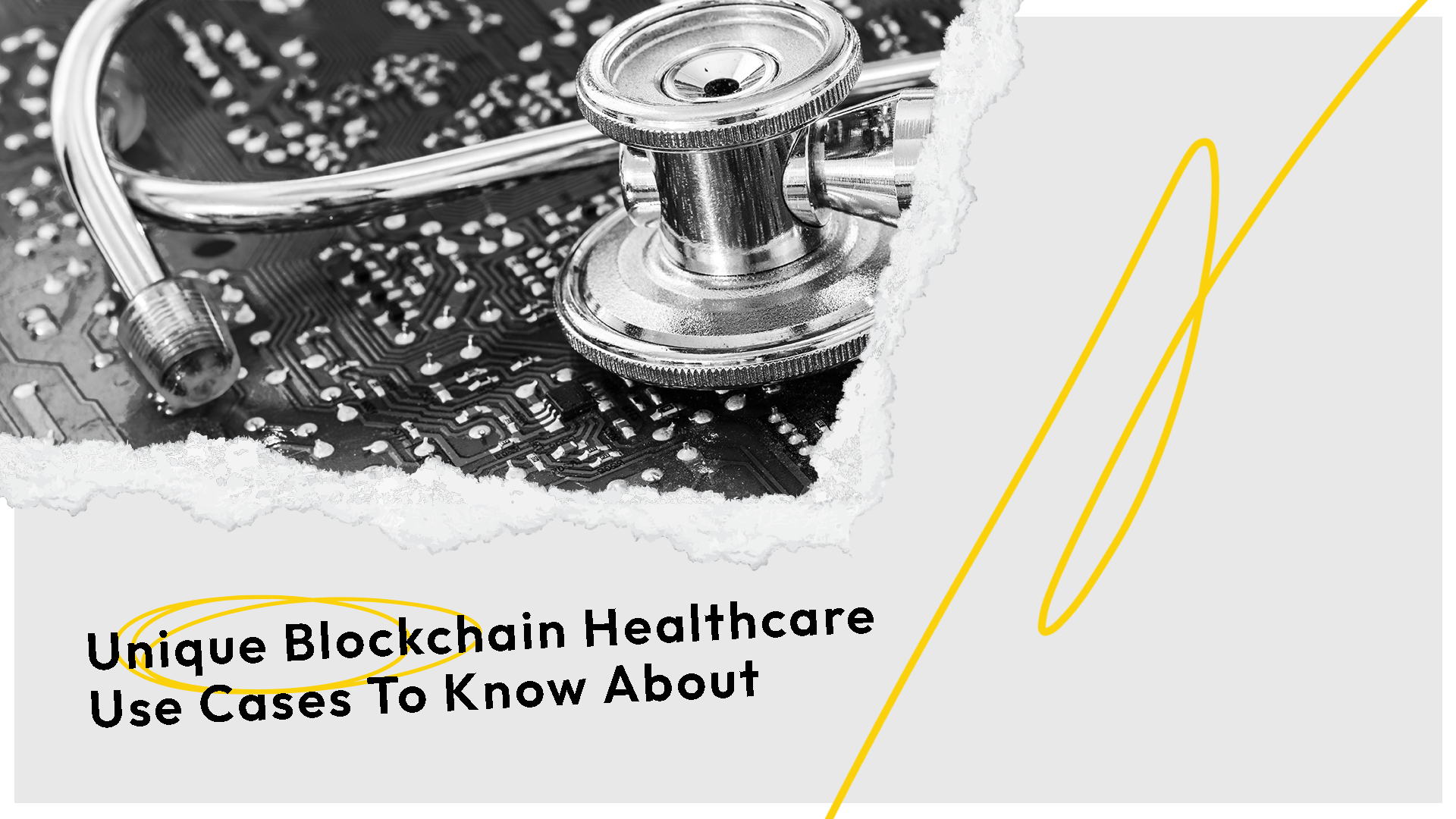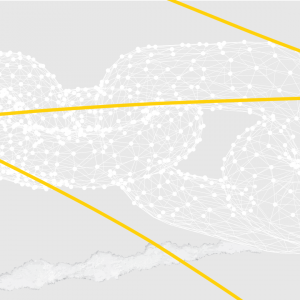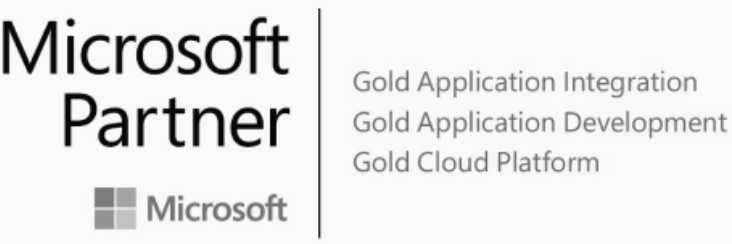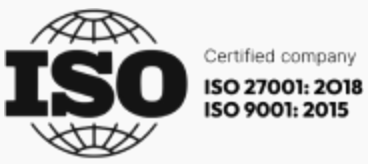The blockchain is one of the most promising emerging technologies for a variety of reasons. But perhaps the strongest reason is its impressive security features and resistance to tampering. This makes it valuable for a number of industries, including the healthcare sector.
In this article, we’re going to be looking at several blockchain healthcare use cases. By looking at these applications, we hope to inspire you with ideas on how blockchain can be used to innovate in one of the world’s most important industries.
9 unique use cases for blockchain in healthcare
1. Immutable, complete patient records
One of the most important use cases for blockchain in healthcare is creating immutable, complete patient records. This could help to solve the problem of incomplete or inaccurate medical records, which is a major issue in the healthcare industry.
By creating a complete record of a patient’s health history that is stored on the blockchain, systems can be made to be far more reliable, trustworthy, and scalable than the current methods at work.
Doing so is relatively simple, too, which is why you’ll find that a number of providers are already investing in this solution. The blockchain is naturally suited to storing data, so building a blockchain that stores medical data is not a difficult task.
2. Verifying medical staff
Another important blockchain healthcare use case is verifying the credentials of medical staff. By storing credentials on the blockchain, we could create a database that’s much more secure and would help to better protect patients against malpractice.
Currently, it’s not always easy to be sure of a healthcare professional’s credentials. This goes for those receiving care as well as those hiring healthcare professionals.
With the blockchain, workers could upload their experience and credentials to the blockchain, giving providers a centralized location to check for these factors before making a hire.
3. Securing medical data at scale
The blockchain can also be used to secure medical data at scale. When stored on the blockchain, a patient’s healthcare data is impossible to tamper with, no matter how many patients are held in the database.
This is crucial, as medical data is some of the most sensitive and critical data in the world. Keeping it secure, especially as it is increasingly digitized, must be a top priority for everyone in the healthcare sector.
As we know, blockchain is inherently secure — and can be made even more secure with additional measures. This can go a long way towards protecting patients’ data and building trust with healthcare providers.
4. Creating an interoperable healthcare system
Another important use case for the blockchain in healthcare is creating an interoperable healthcare system. Currently, there are many siloed healthcare systems that do not talk to each other.
This creates a major problem for patients, as their medical records are not accessible to all of the care providers that they visit. By creating a system that is based on the blockchain, though, we could begin to open up this siloed data and provide greater access for healthcare providers as well as individuals.
That would allow individuals to see any provider they wish without worrying whether or not that provider will have access to their medical history. This can make visits safer, faster, and easier for everyone involved.
5. Increasing supply chain transparency
Currently, the healthcare supply chain is very opaque, which can lead to problems like counterfeit or ineffective drugs being delivered to patients. By creating a transparent supply chain on the blockchain, we could help to ensure that patients are getting the genuine care that they need.
Similar to security, transparency is another feature that can be built into a blockchain. Anyone can be given the key(s) to view their medication’s encrypted data on the blockchain.
This would allow individuals to see the journey that their medication took to reach them. That, in turn, could help people better understand where their medication is coming from and increase their confidence in its efficacy.
6. Creating smart contracts for healthcare patients
Another key item in this list of blockchain healthcare use cases is creating smart contracts for healthcare payments. This could help to streamline the healthcare billing process and could also help to reduce the risk of fraud.
Smart contracts can be made with the Ethereum blockchain, although the concept could be adopted by other blockchain solutions. Smart contracts allow transactions to take place automatically and securely, which could be key in processing medical payments in the future.
7. Storing data from IoT medical devices
IoT devices are becoming more widely available in the medical sector, acting as sensors and automators. But these devices are potentially vulnerable, too, and can be exploited by hackers.
With the help of blockchain technology, data from IoT medical devices can be stored in a secure and decentralized manner. This will help in protecting the data from hacks and data breaches.
8. Supporting the growth of genomics
Genomics (the process of sequencing genes) is a complex and time-consuming workflow. And yet, it’s become far more practical and accessible in recent years, both in terms of price and practice.
The blockchain can be used to share data from genomics, allowing multiple parties to work on the sequencing of one person’s gene, making it easy to share that data, and more.
9. Improving medical research around the world
The internet and digitization have both provided a massively important tool for medical research. More people can participate in studies than ever before, and more types of data can be collected. One of the only challenges that remain is sharing data between studies seamlessly.
With the help of the blockchain, data from medical research can be shared in a secure and efficient manner. This will help in reducing the duplication of work and will also help in improving the coordination between different healthcare organizations.
Leverage blockchain development for your healthcare business with RebelDot
Making these blockchain healthcare use cases a reality may seem impossible, especially given the complicated nature of blockchain technology. With the right partner, however, you can embrace the blockchain with ease.
Reach out to RebelDot today and learn how our experts can help you build blockchain solutions for the healthcare sector.






